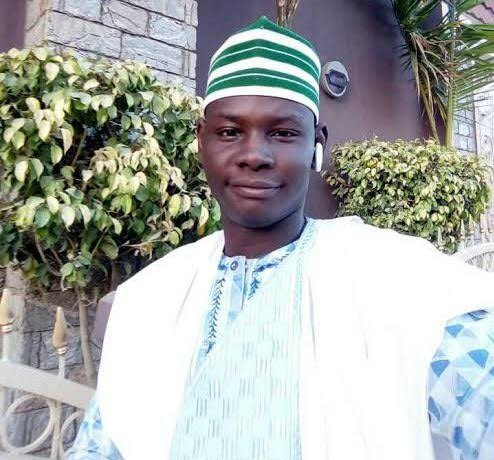A 22-year-old singer, Yahaya Sharif-Aminu, who was sentenced to death by an Upper Sharia Court in Kano State on August 10, 2020, has been denied acces
A 22-year-old singer, Yahaya Sharif-Aminu, who was sentenced to death by an Upper Sharia Court in Kano State on August 10, 2020, has been denied access to lawyers even as the 30-day deadline given to him to appeal the death sentence judgment lapses on September 9. A notice of appeal had yet to be filed in court even as Kano State Governor, Abdullahi Ganduje, has expressed readiness to sign the convict’s death warrant once the 30-day deadline lapses.
Femi Falana (SAN) had asked a lawyer to meet with Sharif-Aminu but the lawyer was denied access by prison authorities. He said, “I sent a lawyer to take up the case and meet with him (Sharif-Aminu) but he was denied access.”
The musician, who is a resident of Sharifai in Kano metropolis, was accused of committing blasphemy against Prophet Mohammed in a song he circulated via WhatsApp in March 2020. Irate youths burnt down his family home and led a protest to the Sharia Police, Hisbah, demanding Sharif Aminu’s death. The musician, who went into hiding, was arrested, hurriedly tried and convicted for breaching Section 382 (b) of Kano penal code of 2000 which is based on Islamic law.
Some human rights lawyers in Kano said that many lawyers were refusing to take up Sharif-Aminu’s case because of the volatile nature of Kano State. An activist said, “Most of the human right lawyers in Kano that I have asked to take up the case have refused to do so out of fear. Most of them are afraid that their chambers could be burnt down by youths or they could be attacked or killed for defending a blasphemer. Ironically, some of these lawyers support the death sentence handed down to the convict and are refusing to take action.
“And of course, when it comes to such sensitive religious matters, the police are usually complicit or they look the other way. The political leaders also keep mute or come out to support Sharia because they want to remain popular among their people.”
The Muslim Lawyers Association of Nigeria which is very active in Kano and other states practising Sharia, had recently endorsed the death sentence handed down to the musician, stating that the trial was fair and in line with the laws of the state. However, global rights group, Amnesty International, had said in a statement that the musician, from all indication, was not given a fair hearing.
The United States Commission on International Religious Freedom, Commissioner Frederick Davie, said the USCIRF would be making foreign policy recommendations to President Donald Trump, the Secretary of State, Mike Pompeo; and Congress on Nigeria to deter religious persecution and promote freedom of religion and belief.
“It is the commission’s opinion that laws criminalising blasphemy are detrimental to religious freedom and are inconsistent with international human rights standards and with Article (Section) 38 of the Nigerian Constitution. We recommend that the US government enter into a binding agreement with the Federal Government of Nigeria to address violations of international religious freedom across the country, including by engaging state and local counterparts in a political dialogue to repeal or reform the country’s blasphemy laws to be more in line with the constitution and the Universal Declaration of Human Rights.”
Punch
